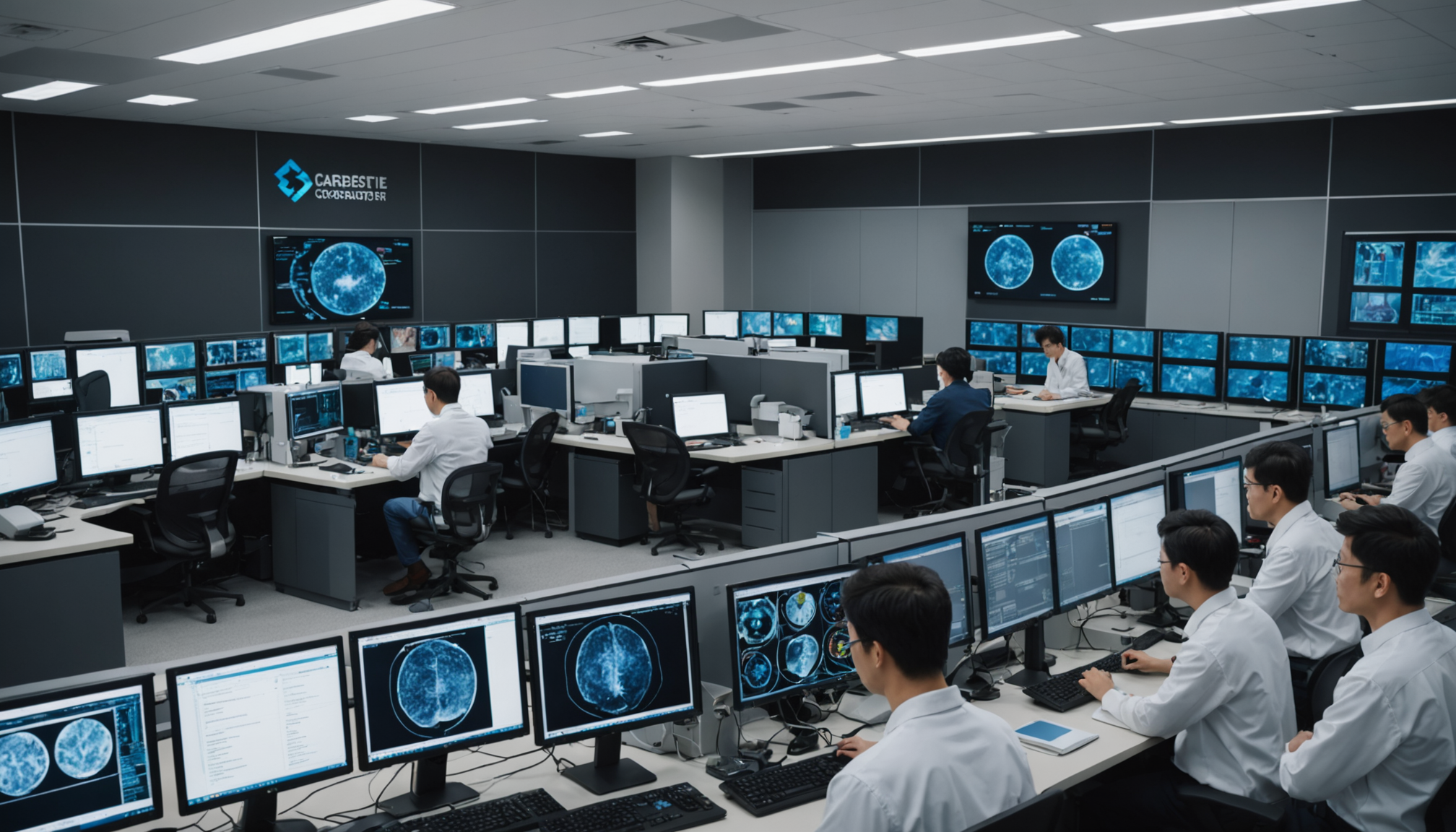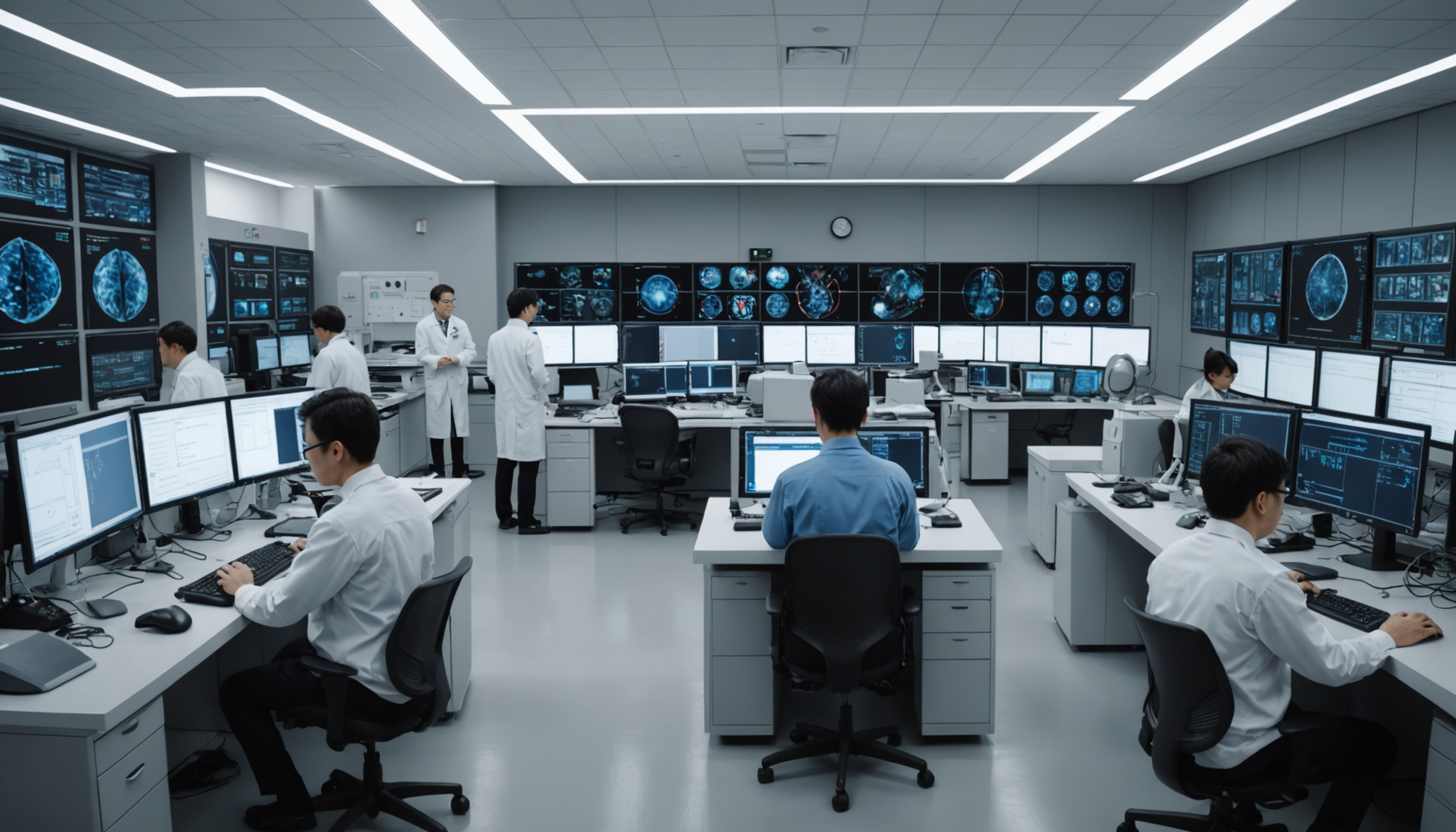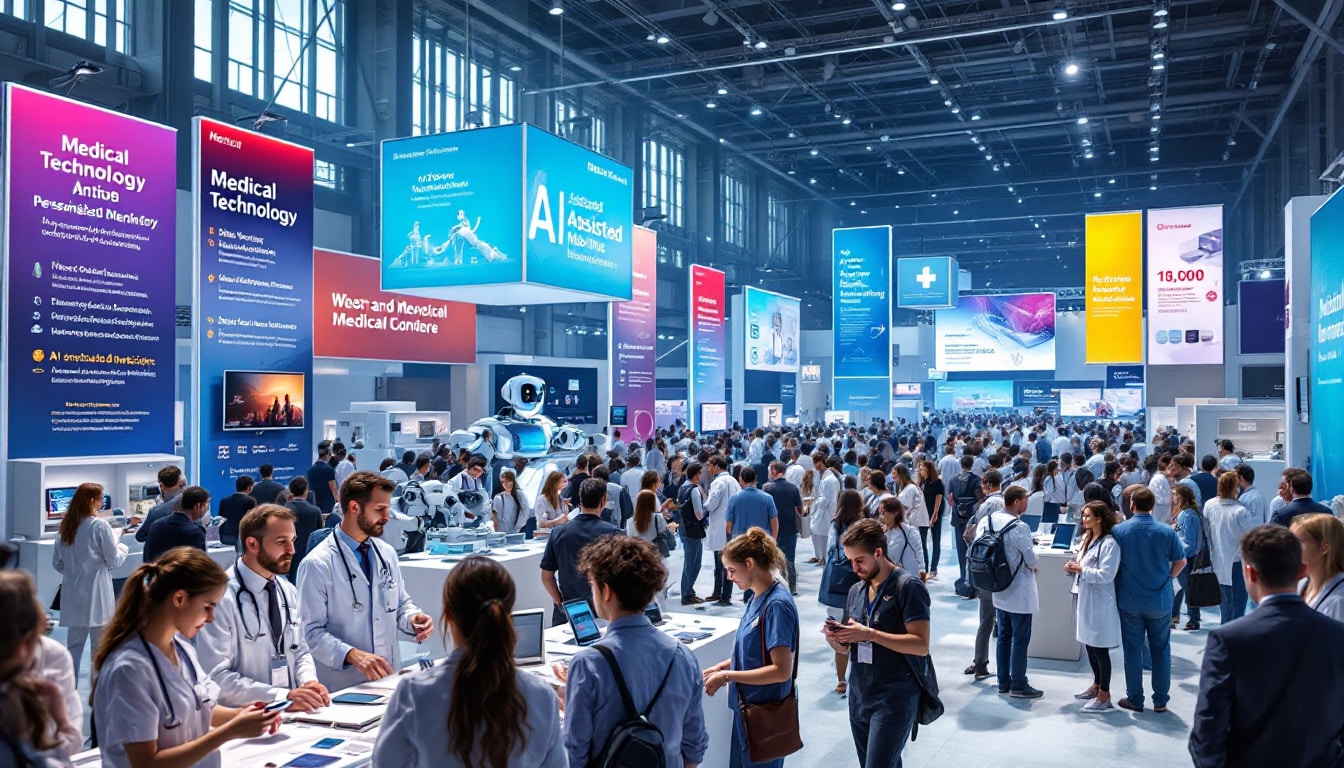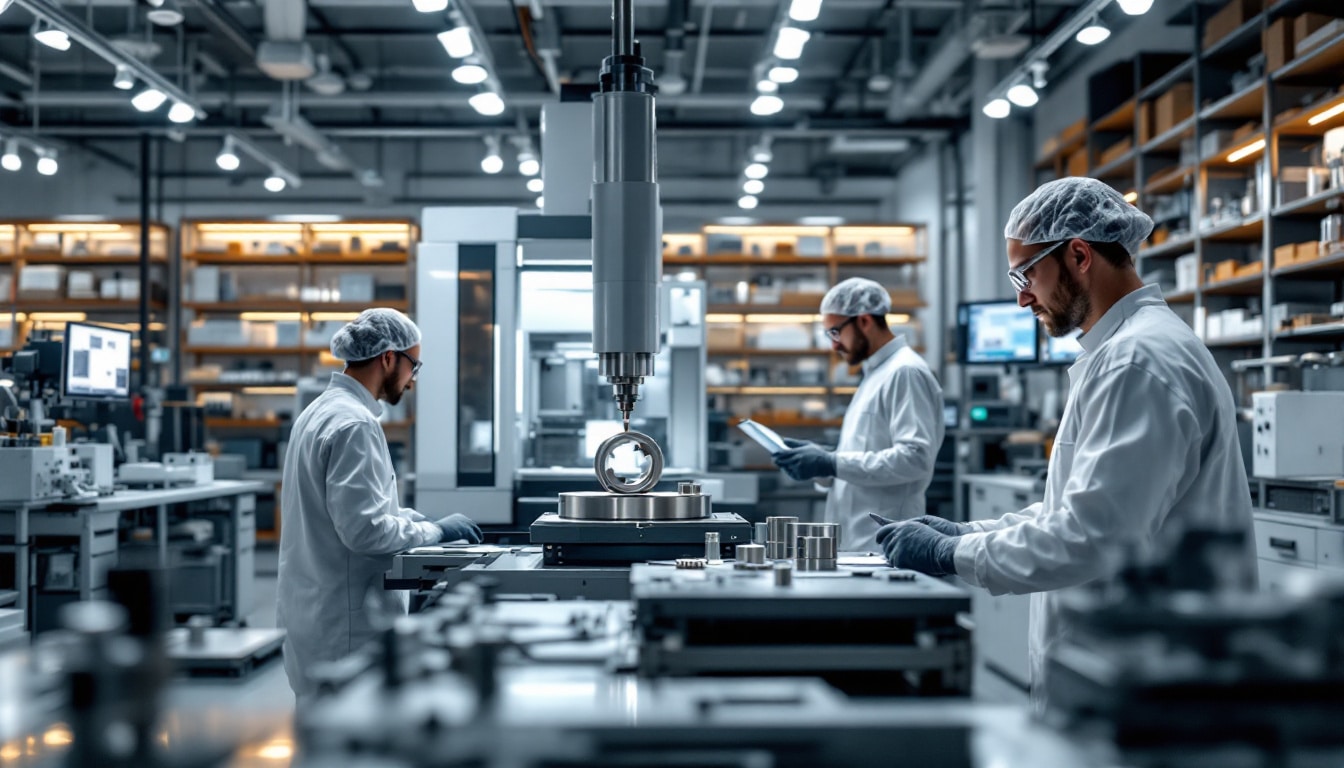A research consortium in South Korea was recently formed to harness the potential ofartificial intelligence and supercomputers in the development of new treatments against lung cancer. This initiative brings together several renowned institutions, joining forces to identify innovative drug candidates and evaluate their effectiveness. Thanks to a structured approach enabling the analysis of genomic data and advanced simulations, this consortium aims to transform the landscape of drug discovery in oncology.
A consortium of research institutes in South Korea was established to explore the use ofartificial intelligence (AI) and of supercomputers in the discovery of new drugs intended for the treatment of lung cancer. The main partners of this initiative include theDAAN Cancer Research Institute from Yonsei University, the Daegu Gyeongbuk Institute of Science and Technology (DGIST), THE Korea Research Institute of Chemical Technology (KRICT), THE Korea Advanced Institute of Science and Technology (KAIST), as well as the biotechnology company J INTS ORGANIC.
The project will take place in four phases, ranging from sample collection to the identification of drug candidates by simulation, to clinical validation of the results. The goal is to optimize the development of personalized treatments while creating cancer data infrastructures. This consortium thus highlights the potential of AI in pharmaceutical research, in particular to reduce clinical trial failures and accelerate the drug discovery process.

A Korean consortium serving medical innovation
A new consortium was created in South Korea, bringing together several leading research institutions to combat lung cancer through advanced technologies. By integrating theAI (artificial intelligence) and supercomputers, this ambitious project aims to discover new drugs that could transform existing therapeutic approaches. This initiative is guided by the need to develop more effective and less toxic treatments for a disease that remains one of the main causes of mortality.
Consortium research phases
Research within this consortium will be orchestrated in four distinct phases. First, the collection of tissues from lung cancer and genomic samples will be supervised by theDAAN Cancer Research Institute, affiliated with theYonsei University. Then, simulations and analyzes of interactions between proteins and drugs will be carried out using the capabilities of supercomputers at the protein resource center of DGIST. The synthesis of drug candidates identified by AI will follow, focusing on pharmacological and toxicological evaluations.Korea Institute of Chemical Technology (KRICT). Finally, validation of the predictive effectiveness of these drugs will be done during clinical trials.
Impact of AI on drug discovery
The use of theAI in this consortium highlights its crucial role in optimizing the drug discovery process. With the ability to analyze huge sets of biological data, AI helps accelerate research while minimizing the risks of clinical trial failure. By offering accurate personalized predictions, this approach helps design highly targeted and effective treatments. Initial results from the consortium are expected by the first half of next year, reinforcing hopes for significant advances in the fight against cancer.
A research consortium in South Korea was formed to revolutionize the discovery of cancer drugs by integrating advanced technologies such asartificial intelligence and the supercomputers. This ambitious project is structured around several renowned institutions, each playing a key role in the different phases of research and development of new treatments for lung cancer.
Involved partners, such as DAAN Cancer Research Institute and Korea Advanced Institute of Science and Technology, are showcasing their expertise to collect valuable data from cancerous tissue and samples genetics. Using these resources, they can simulate interactions between proteins and drugs, creating an innovation chain that combines traditional science and new technologies. This process especially favors the rapid identification of promising drug candidates, an essential step in the eradication of this dreaded disease.
One of the most promising aspects of this consortium is its ability to use AI to analyze massive biological data sets, which optimizes the accuracy of predictions regarding the effectiveness of treatments. This is particularly important in a field like cancer research, where clinical trials can often fail discoveries due to their complexity. By reducing the failure rate of these trials, the consortium hopes to not only extend patients’ lives, but also provide more effective and less toxic treatments.
In short, this Korean initiative symbolizes a significant step forward in the fight against cancer, uniting the power of AI and supercomputers to promote the emergence of innovative therapeutic solutions. This could well redefine the landscape of oncology research, opening new avenues for personalized treatments tailored to the specific needs of patients.














